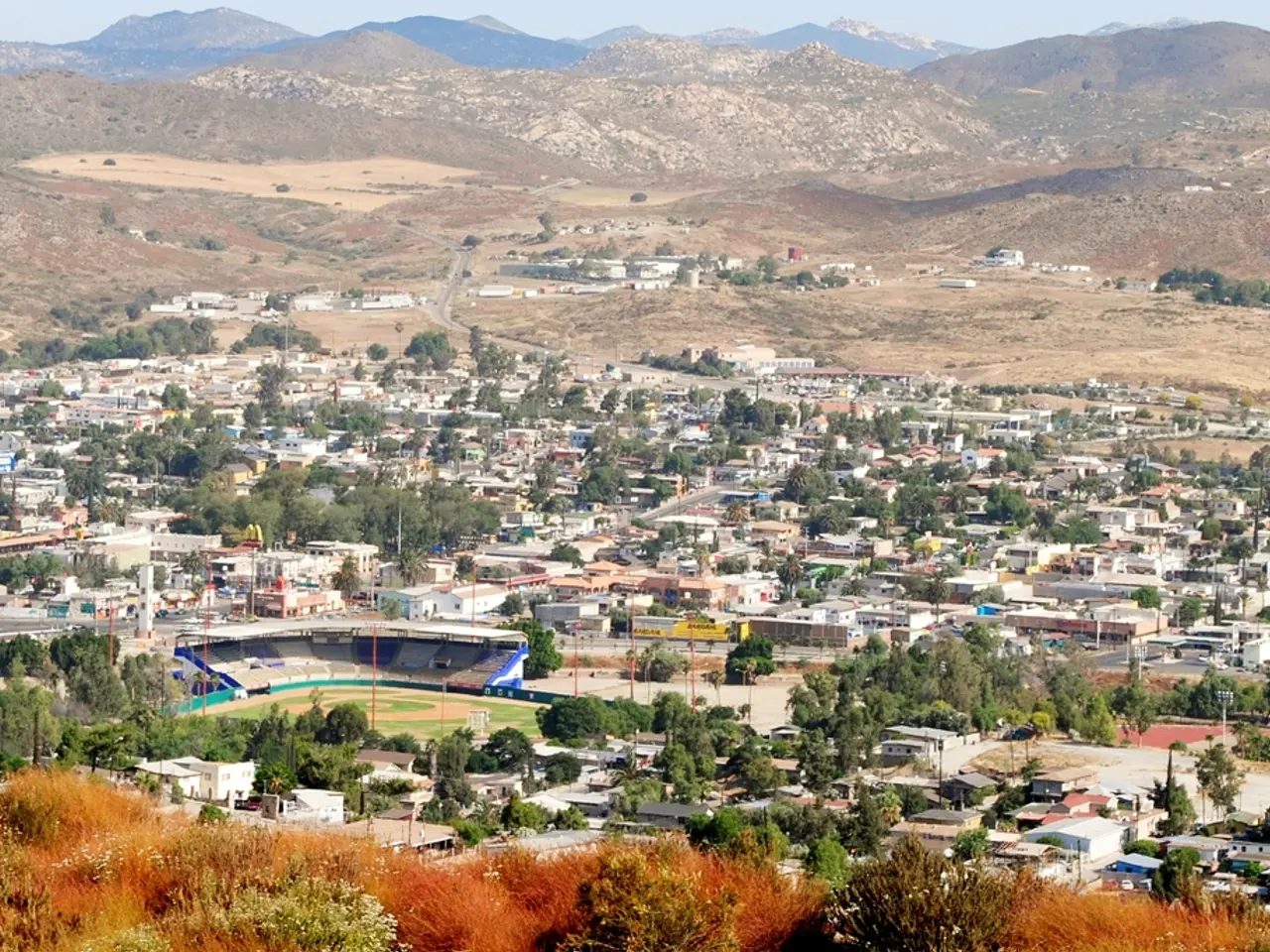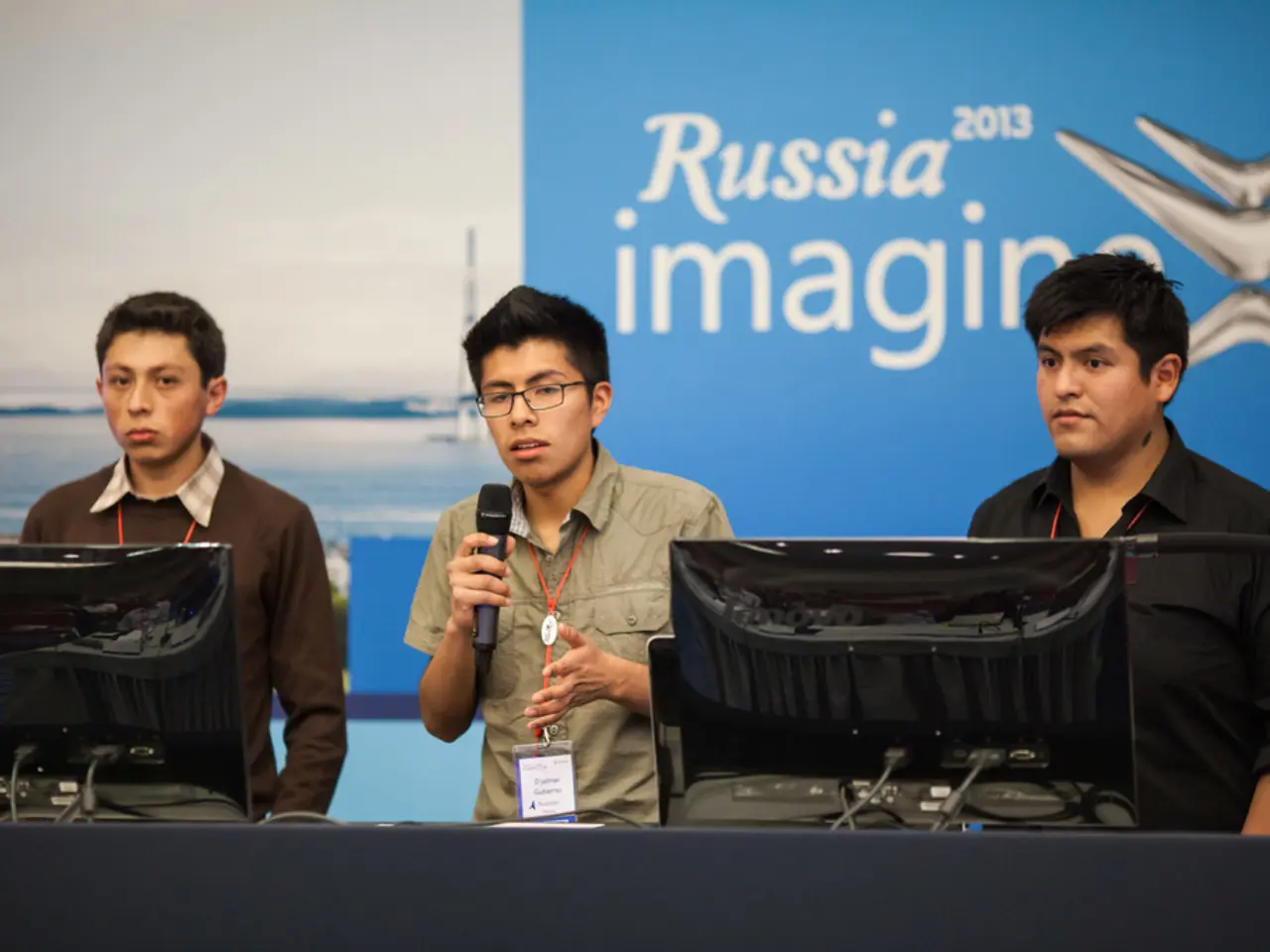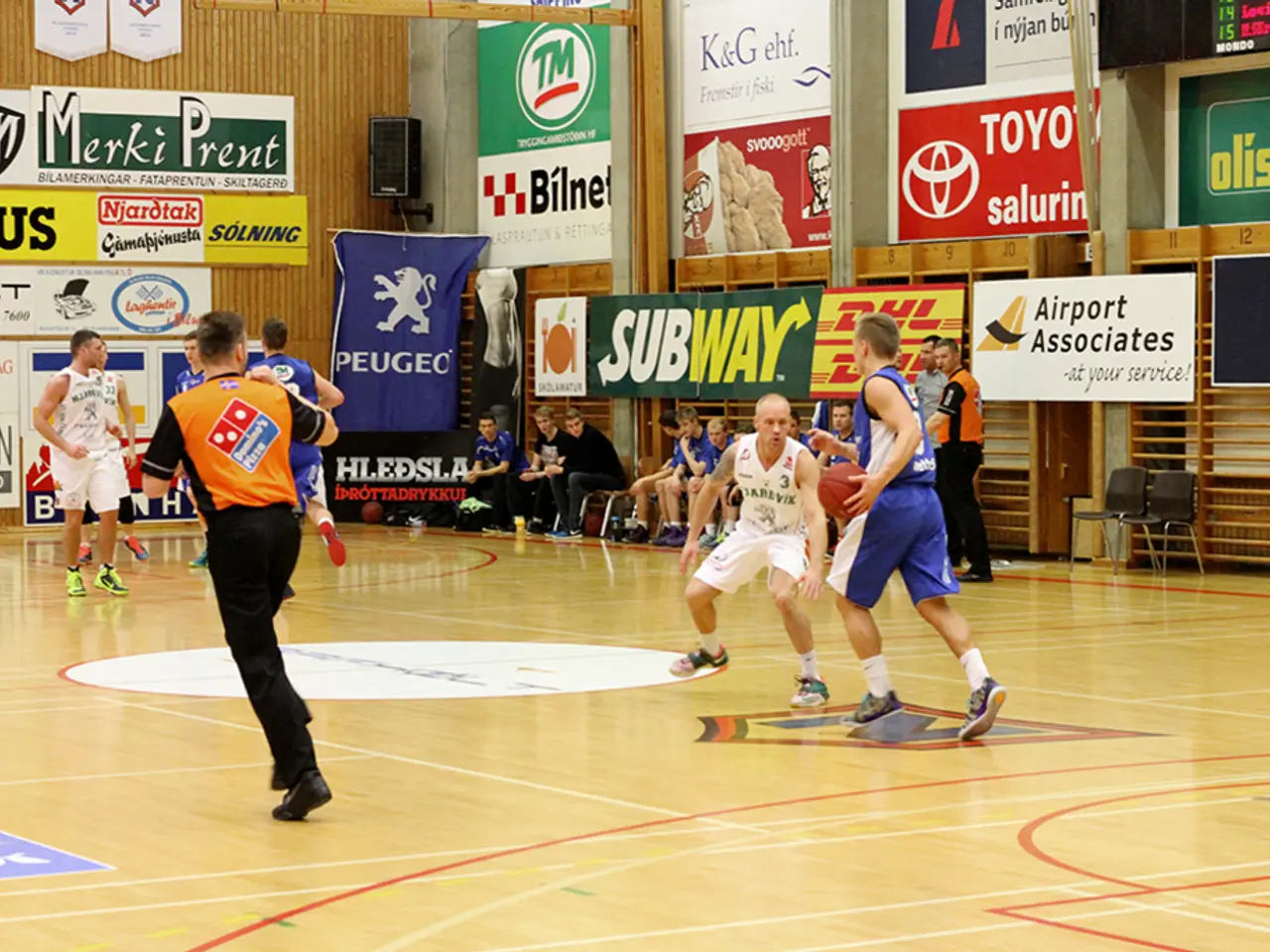Exploring the Tide of Change: Germany's Social Democrats Ponder Their Path Forward
The Social Democratic Party (SPD) of Germany is grappling with internal divisions as it navigates its future direction on peace, security, and defense policy. This tension is particularly evident as the party prepares for its conference at the end of June.
A controversial manifesto, published by a group of SPD party officials in June 2025, has sparked debate. The manifesto advocates for improved defense capability but rejects an arms race, calling for realistic threat assessments and promoting détente with Russia rather than escalating confrontations. Prominent SPD figures, including Rolf Mützenich, former parliamentary group leader, have voiced their support for this manifesto.
However, the broader party and government coalition under Chancellor Olaf Scholz and his SPD face tensions around increasing defense spending and military support, notably in the context of the Ukraine war. Scholz supports sustained defense spending and robust backing for Ukraine’s sovereignty, but disagreements over military budgets and social spending cuts have contributed to a debate that has partially led to a former coalition collapse.
There is notable pushback within the SPD against the more militaristic shifts proposed by the current conservative government under Chancellor Friedrich Merz, who favors large-scale rearmament and delivering advanced weapons like long-range missiles to Ukraine. SPD figures have resisted Merz’s ambitious defense spending plans and rapid escalation in military support, reflecting the party's historical caution and internal debates over how to handle Russia and NATO commitments.
On foreign policy towards the Middle East, the SPD is considering recognition of a Palestinian state, signaling ongoing engagement with peace initiatives beyond Europe, amid public pressure related to the Gaza conflict and Germany’s arms export policies.
The SPD's internal struggles are further complicated by a lack of clear direction and consensus on the future trajectory of contemporary social democracy. The media characterizes the signatories of the controversial manifesto as the "left wing" of social democracy, despite their advocacy for pragmatic arrangements with despots, which is traditionally associated with "realpolitik" or the "right wing."
The party is also under pressure to shift to the left to reclaim its role as the advocate for ordinary people. The prevailing sentiment is that social democracy must act as a clear counterweight to right-wing authoritarianism while engaging respectfully with those susceptible to far-right ideologies.
According to Henning Meyer, the need for change, emotions, and charismatic candidates are essential for success in politics today. The SPD, which secured key ministries and policy successes during coalition negotiations but faces internal disarray, may need to heed this advice to regain its footing.
Notably, the SPD suffered an electoral debacle in February, securing only 16.4% of the vote. The manifesto, which makes no mention of the word "freedom" and only one mention of "fundamental freedoms," has raised questions about accepting an "unjust peace" in a prolonged war that could claim hundreds of thousands of lives.
Despite these challenges, the SPD continues to be a beacon of reason, led by individuals whose competence and leadership are undisputed. Realism teaches that in an emergency, one must negotiate with the devil, and moral clarity and prudence are not contradictory. The SPD's approach to governmental personnel selection, while alienating important factions within the party, has resulted in a leadership team that is undeniably capable and committed to finding solutions that serve the best interests of the German people.
[1] Mützenich, R. (2025). Interview with Deutsche Welle. [2] Scholz, O. (2023). Statement on defense spending and military support for Ukraine. [3] Merz, F. (2024). Speech at the Munich Security Conference. [4] SPD Foreign Policy Spokesperson (2025). Position on recognition of a Palestinian state. [5] SPD Peacekeeping Manifesto (2025). A call for realistic peacekeeping in Europe.
- The SPD, despite its internal divisions, finds itself at the center of debates on war-and-conflicts and policy-and-legislation, especially regarding defense policy, as the party grapples with the contemporary role of social democracy in politics.
- Within the SPD, there are continuing discussions about foreign policy, particularly concerning the Ukraine war, NATO commitments, the Middle East peace process, and Palestine's recognition, contributing to the general news about the party's future direction.







